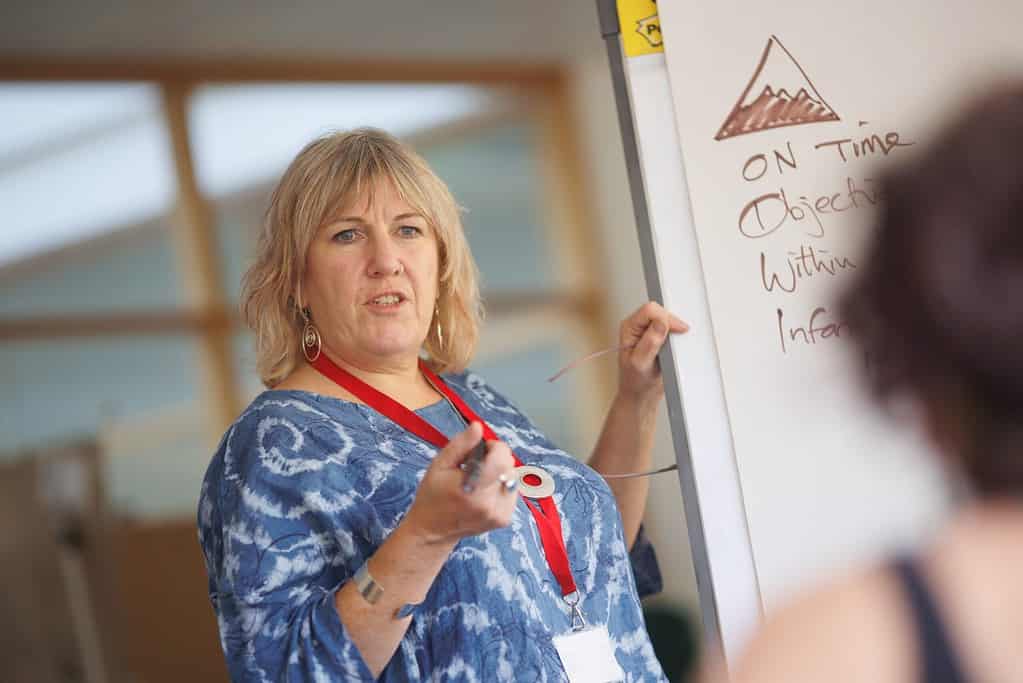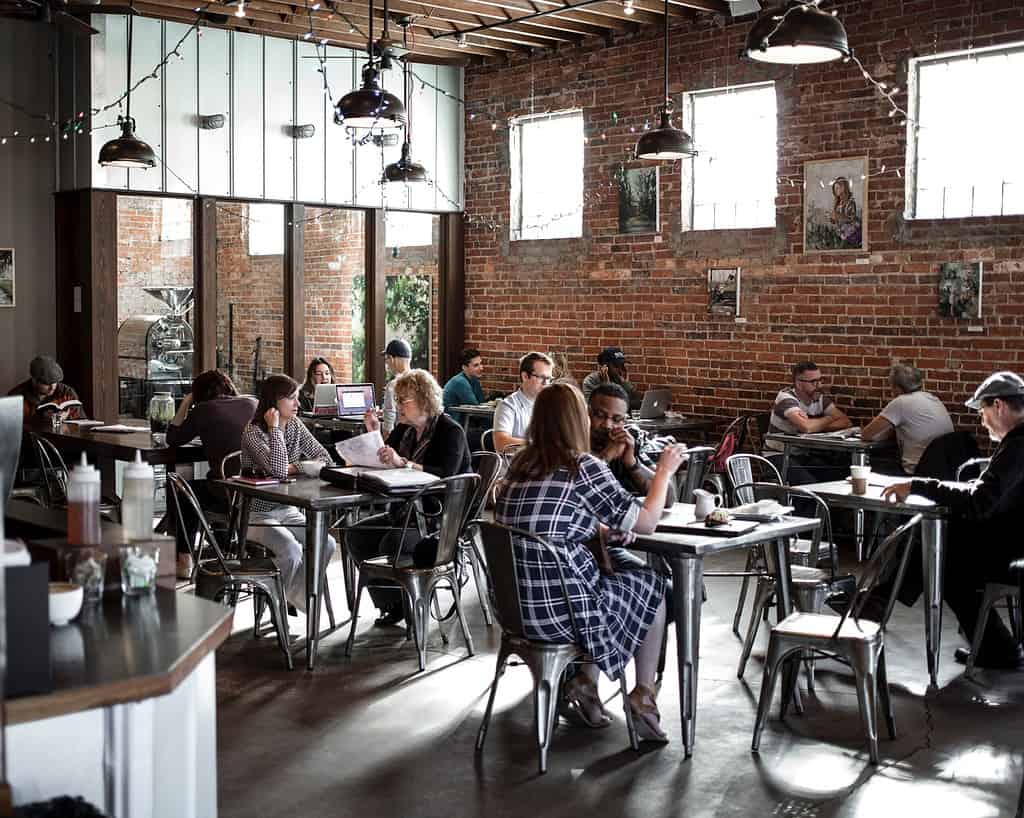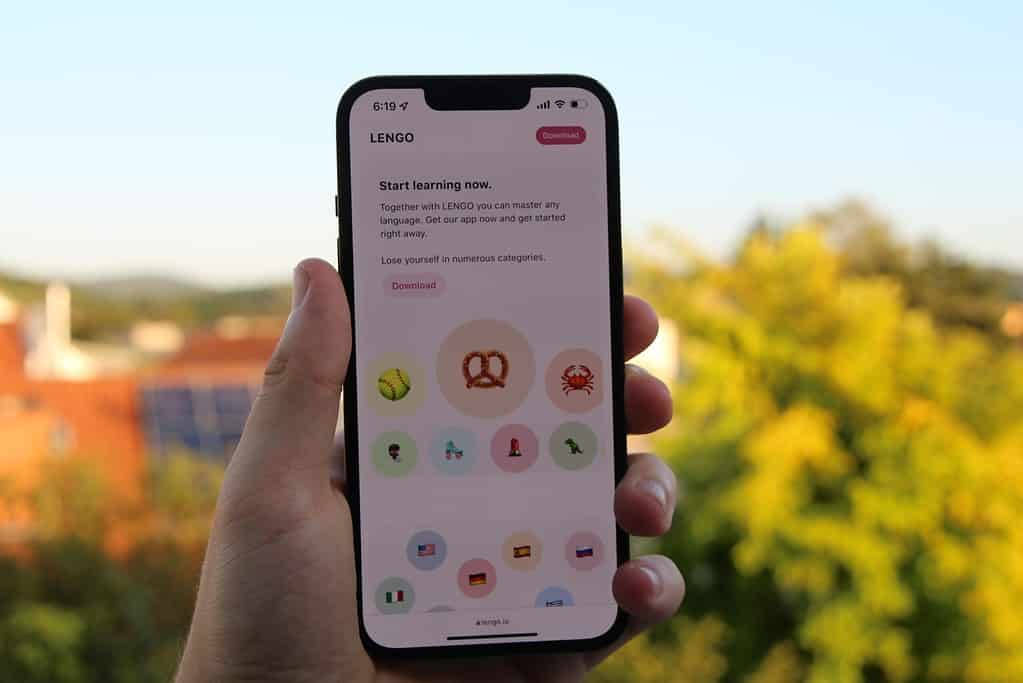Engaging in conversation in French can be a rewarding yet challenging experience. Whether you’re preparing for a trip to France, aiming to enhance your professional skills, or simply pursuing a personal passion for the language, mastering conversational French is key. This article provides essential tips and techniques to help you communicate effectively and confidently in French.
Understanding the Basics of French Conversation
Before diving into the nuances of conversational French, it’s crucial to grasp the foundational elements of the language. Understanding basic grammar, vocabulary, and pronunciation will set the stage for more advanced conversations. This foundational knowledge not only aids in comprehension but also builds confidence when engaging in dialogue with native speakers.

Key Grammar Rules
French grammar can be daunting, but familiarising yourself with the fundamental rules is essential. Pay attention to verb conjugations, gender agreements, and sentence structure. For instance, French verbs change form based on the subject, and nouns are either masculine or feminine, which affects the articles and adjectives used. Regular practice with these rules will enhance fluency. Additionally, understanding the use of tenses, such as the passé composé for past actions and the futur proche for future intentions, can greatly enrich your conversational abilities, allowing you to express yourself more clearly and accurately.
Essential Vocabulary
Building a robust vocabulary is vital for effective communication. Start with common phrases and expressions that are frequently used in everyday conversations. Focus on greetings, polite expressions, and questions that can facilitate dialogue. Flashcards, apps, and vocabulary lists can be beneficial tools for memorisation. Furthermore, immersing yourself in French media—such as films, music, and literature—can expose you to colloquial language and idiomatic expressions, making your vocabulary not only broader but also more contextually relevant. Engaging with these resources will help you understand how words are used in various situations, enhancing your conversational skills.
Pronunciation Tips
French pronunciation can be tricky, particularly with nasal sounds and silent letters. Listening to native speakers and practising aloud can significantly improve your accent. Consider using language learning platforms that offer pronunciation guides and exercises to refine your skills. It’s also beneficial to pay attention to the rhythm and intonation of the language, as these elements are crucial for sounding natural. Participating in language exchange meetups or conversation groups can provide invaluable opportunities to practise speaking with others, allowing you to receive immediate feedback and make adjustments to your pronunciation in a supportive environment.
Practising Conversational Skills
Once the basics are in place, the next step is to practise speaking. Engaging in conversation is the most effective way to solidify your knowledge and gain confidence.
Language Exchange Partners
Finding a language exchange partner can be an excellent way to practise conversational skills. This involves pairing with a native French speaker who wants to learn your language. This mutually beneficial arrangement allows for real-life practice and feedback, making it an enjoyable learning experience. Many language exchange platforms also offer the option to connect with individuals from various backgrounds, enriching your conversations with diverse cultural insights. You might find that discussing topics such as cuisine, travel, or even current events can lead to engaging dialogues that not only enhance your vocabulary but also deepen your understanding of the nuances of the language.
Conversation Classes
Consider enrolling in conversation classes at a local language school or online. These classes often focus on speaking and listening skills, providing structured opportunities to engage in dialogue with both instructors and fellow students. The interactive nature of these classes can greatly enhance your conversational abilities. Moreover, many instructors incorporate role-playing scenarios that simulate real-life situations, such as ordering food in a restaurant or navigating public transport. This practical approach not only builds confidence but also prepares you for genuine interactions in French-speaking environments.
Utilising Technology
In today’s digital age, numerous apps and platforms can aid in practising French conversation. Language learning apps often include speaking exercises, interactive dialogues, and even voice recognition technology to help you improve your pronunciation. Incorporating these tools into your routine can make learning more dynamic and fun. Additionally, many platforms offer features that allow you to connect with native speakers for live conversations, providing an invaluable opportunity to practise in a supportive setting. Engaging with online communities, such as forums or social media groups dedicated to language learners, can also provide a wealth of resources and encouragement, making your journey towards fluency even more enjoyable.
Expanding Your Conversational Range
As you become more comfortable with basic conversations, it’s important to expand your range of topics. This will not only enhance your vocabulary but also enable you to engage in deeper discussions.
Current Events and Culture
Being informed about current events and cultural topics can provide rich material for conversation. Read French newspapers, watch French films, or listen to French podcasts to gain insights into what is happening in the Francophone world. This knowledge will allow you to participate in discussions and express your opinions more effectively. Additionally, consider following influential figures on social media who discuss contemporary issues. Engaging with their content can offer fresh perspectives and stimulate your thoughts on various subjects, making you a more informed conversational partner.
Personal Interests and Hobbies
Talking about personal interests can make conversations more enjoyable and relatable. Whether it’s discussing travel, food, music, or sports, sharing your passions can create a lively dialogue. Prepare vocabulary and phrases related to your hobbies, so you can easily express yourself in these areas. Furthermore, exploring new hobbies can also provide you with exciting stories to share. For instance, if you take up cooking, you might discover unique recipes and culinary techniques that can spark interesting conversations about gastronomy and cultural traditions.
Asking Open-Ended Questions
To encourage more engaging conversations, practise asking open-ended questions. Instead of questions that can be answered with a simple ‘yes’ or ‘no’, frame your inquiries to invite elaboration. For example, instead of asking, “Do you like music?” try, “What kind of music do you enjoy, and why?” This approach fosters a more dynamic exchange. Moreover, listening actively to the responses can lead to follow-up questions that delve deeper into the topic, allowing for a richer dialogue. This not only shows your interest but also encourages the other person to share more about their thoughts and experiences, creating a more meaningful interaction.
Overcoming Common Challenges
Even with preparation, many learners face challenges when conversing in French. Recognising these obstacles and developing strategies to overcome them is crucial for progress.
Dealing with Anxiety
Many learners experience anxiety when speaking a foreign language. It’s important to remember that making mistakes is a natural part of the learning process. Practise mindfulness techniques to calm nerves before conversations, and remind yourself that fluency takes time. The more you speak, the more confident you will become. Engaging in role-playing exercises with a language partner can also help alleviate anxiety. This not only simulates real-life conversations but also allows for a supportive environment where mistakes can be corrected gently. Remember, every conversation is an opportunity to learn, and embracing this mindset can significantly reduce the pressure you may feel.
Understanding Accents and Dialects
French is spoken in various regions, each with its own accent and dialect. This can be intimidating for learners. To acclimatise, expose yourself to different accents through media from various French-speaking regions. This will improve your listening skills and help you understand the diversity of the language. Additionally, consider joining language exchange groups or online forums where you can interact with native speakers from different backgrounds. Such interactions can provide invaluable insights into regional expressions and colloquialisms, enriching your understanding of the language and its cultural nuances. The more familiar you become with these variations, the more comfortable you will feel in diverse conversational settings.
Responding to Rapid Speech
Native speakers often converse quickly, which can be challenging for learners. To improve comprehension, listen to French audio at a slower speed and gradually increase the pace as your skills improve. Additionally, don’t hesitate to ask speakers to repeat or clarify if you don’t understand something. Watching French films or television shows with subtitles can also be beneficial, as it allows you to see the words while hearing them spoken at natural speed. This dual exposure can enhance your ability to process spoken language more effectively. Furthermore, practising with podcasts that feature discussions on topics of interest can help you become accustomed to the rhythm and flow of spoken French, making it easier to keep up in real conversations.
Utilising Immersive Experiences
Immersion is one of the most effective ways to master a language. Surrounding yourself with French can accelerate your learning and enhance conversational skills.

Traveling to French-Speaking Countries
If possible, travel to a French-speaking country. Immersing yourself in the language and culture provides invaluable opportunities for practice. Engage with locals, try to navigate daily interactions in French, and embrace the experience fully. This real-world application of your skills can be transformative. Imagine strolling through the charming streets of Paris, ordering a croissant at a local boulangerie, or asking for directions in the bustling markets of Marrakech. Each interaction not only reinforces your language skills but also deepens your appreciation for the nuances of French culture, from culinary delights to regional dialects.
Participating in Local French Communities
Many cities have French-speaking communities or cultural centres. Participating in events, workshops, or social gatherings can provide a supportive environment to practise speaking. Engaging with others who share an interest in the language can also foster friendships and enhance motivation. Consider joining a local French book club or attending a French film screening; these activities not only improve your language proficiency but also create a sense of belonging. You might find yourself discussing the latest Victor Hugo novel or debating the merits of different French cheeses, all while honing your conversational skills in a relaxed and enjoyable setting.
Consuming French Media
Incorporate French media into your daily routine. Watching French films, listening to French music, or reading French books can enhance your language skills while providing insights into the culture. Try to engage with media that interests you, as this will make the learning process more enjoyable. Delve into the world of French cinema, where you can explore everything from classic films by directors like François Truffaut to contemporary dramas that reflect modern French society. Similarly, immersing yourself in French music, whether it be the poetic lyrics of Édith Piaf or the contemporary beats of Stromae, can enrich your vocabulary and improve your listening comprehension. Each song or film can serve as a portal into the heart of French culture, allowing you to experience the language in context and appreciate its rhythm and emotion.
Maintaining Consistency and Motivation
Consistency is key when mastering a language. Establishing a regular practice routine can help solidify your skills and keep you motivated. It is essential to remember that language learning is a marathon, not a sprint. The more you immerse yourself in the language, the more natural it will become. Incorporating the language into your daily life, such as listening to music or watching films in French, can also enhance your learning experience and keep you engaged.
Setting Realistic Goals
Setting achievable goals can provide direction and motivation. Whether it’s mastering a certain number of vocabulary words each week or engaging in a conversation with a native speaker, having clear objectives can help track progress. Celebrate small victories to maintain enthusiasm. For instance, if you manage to hold a five-minute conversation without reverting to your native language, take a moment to acknowledge that achievement. This practice not only boosts your confidence but also reinforces your commitment to the learning process, making it easier to tackle more challenging goals in the future.
Creating a Study Schedule
Developing a study schedule can help ensure regular practice. Allocate specific times for speaking, listening, reading, and writing in French. Mixing different activities will keep your learning dynamic and prevent boredom. Consider incorporating a variety of resources, such as language apps, podcasts, and online courses, to diversify your study sessions. Additionally, setting aside time for cultural exploration, such as cooking French recipes or attending local French events, can further enrich your understanding of the language and its context, making your learning experience more holistic and enjoyable.
Finding a Study Buddy
Having a study buddy can enhance motivation and accountability. Pairing up with someone who shares your language goals can create a supportive environment for practice. You can encourage each other, share resources, and engage in conversations together. Furthermore, finding a study buddy who is at a similar level can foster a sense of camaraderie, allowing both of you to learn from each other’s strengths and weaknesses. Consider scheduling regular meet-ups, either in person or virtually, to discuss your progress and tackle challenges together. This collaborative approach not only makes learning more enjoyable but also helps build a lasting friendship rooted in a shared passion for language acquisition.
Conclusion
Mastering French conversation requires dedication, practice, and a willingness to embrace challenges. By understanding the basics, practising regularly, expanding your conversational range, and immersing yourself in the language, you can develop the skills necessary for effective communication. Remember, the journey of learning a language is as enriching as the destination. With perseverance and the right strategies, fluency in French is within reach.

Take Your French Conversation Further with Swaplang
Ready to elevate your French speaking skills to the next level? Join Swaplang today and dive into a world of immersive language exchange that connects you with native speakers eager to practice English-French conversations. Schedule your one-on-one sessions effortlessly through our browser or mobile platform and experience the joy of gaining confidence in your French conversational abilities. Sign up now and start scheduling your live language exchanges to bring your learning to life!

















